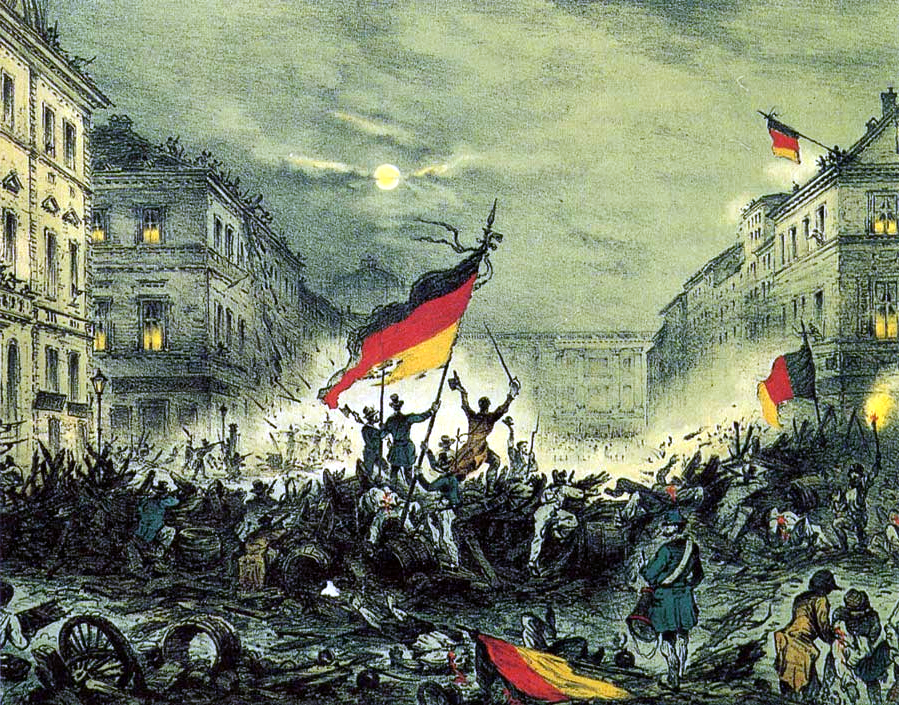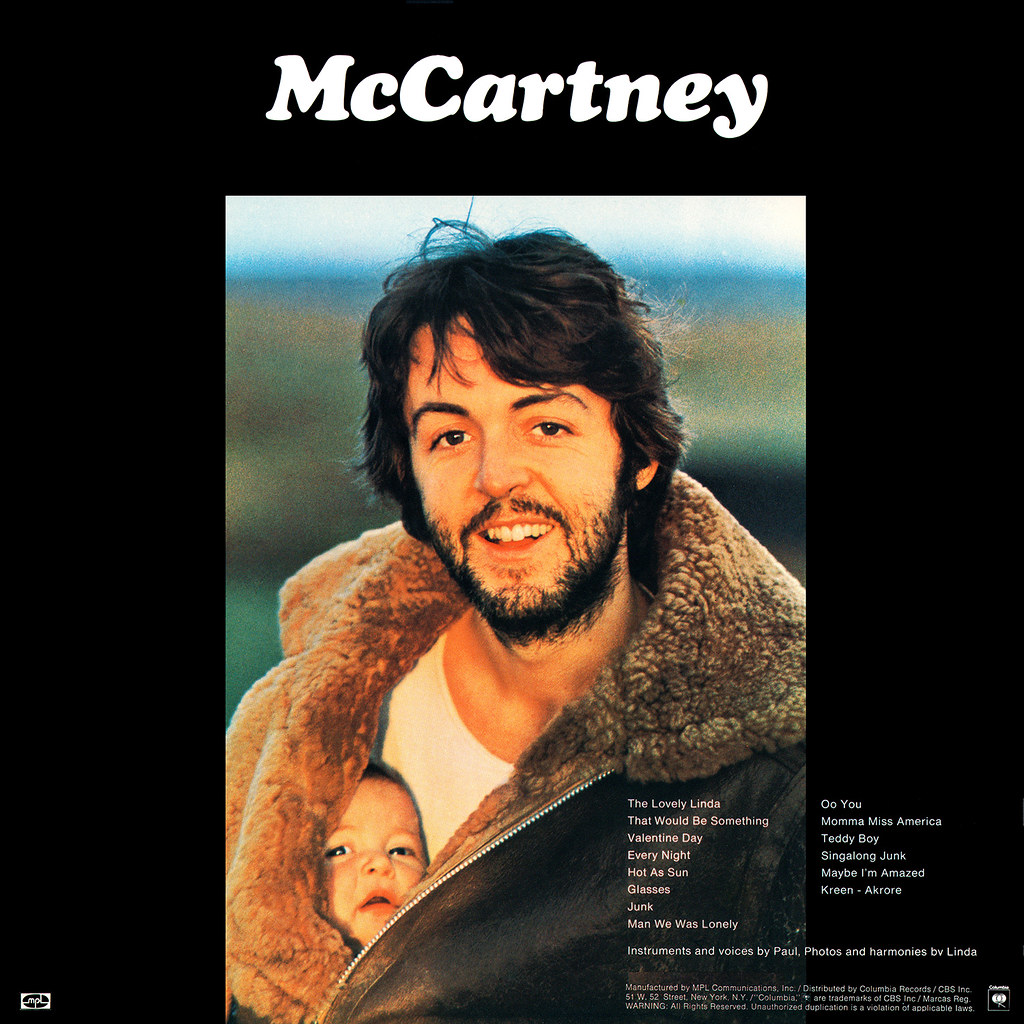As an undergrad history major and later as a PhD student in European history I had a huge interest in the Revolutions of 1848 in Europe, an event that seemed both earth shaking and perplexing yet under-studied. There was very little historiography about 1848, even among German historians studying a place where 1848 raged as intensely as anywhere outside of Paris.
The line I always heard about 1848 was that it was "the turning point that failed to turn." Revolutions toppled governments across Europe, established a republic in France, and promised a unified in Germany. Instead France ended up with a new Napoleon and the Frankfurt Assembly was dissolved by the Prussian king. Russian troops invaded Hungary and crushed Kossuth's government. France would have to wait until 1871 for a republic, Hungary until 1918 for independence, and Germany would be unified under the auspices of the conservative Otto von Bismarck into something very far from a democracy.
It is my firm belief that the United States has just endured another turning point that failed to turn. From the spring of 2020 to January of 2021 an opportunity for change from below opened. The protests after George Floyd's murder rocked cities in every region. Statues fell across the nation, a common symbol of revolution. Institutions from elite private schools to Hollywood scrambled to show they were taking anti-racist measures. The energy of those protests could be felt in the get out the vote campaigns that won Georgia for Democrats. After years of Trump and the economic disparities he exploited with racialized rhetoric, Democrats eschewed neoliberalism for a bold plan of social democracy.
Then came January 6th. In the aftermath the need for a renewed commitment to democracy seemed obvious not just to progressives, but more generally. When Georgia pushed voting restrictions the MLB moved the All Star Game from Atlanta.
Eleven months after January 6th and a year and a half after the George Floyd protests it is now illegal to teach the history of racism in public schools in several American states. In many of those same states it's legal to run over protestors. Biden and Democrats are unable to get their social democratic agenda through Congress due to the filibuster and a few feckless members of their own coalition. The news that paid family leave would get axed felt a lot like the Prussian troops attacking barricades of Frankfurt in 1849. This Saturday Donald Trump, who it is now completely obvious tried to destroy democracy in this country on January 6th, showed up at a World Series game in Atlanta. The same city that months ago was censured over voting restrictions. The wannabe dictator is now free to move about the nation as he pleases, as if he is just another celebrity.
Well folks, as Marx said about 1848, "History repeats itself; first as tragedy, then as farce." This farce has uniquely American characteristics, namely what Carol Anderson famously called "White Rage." There is an endless cycle in American history of racial progress being met with racist progress, to paraphrase Ibram X Kendi. The chance to make permanent change in that 2020 moment is long gone. Now we must suffer what will be years and years of reaction. The Third Reconstruction is over and we all need to be working every day to bring about the fourth one.



